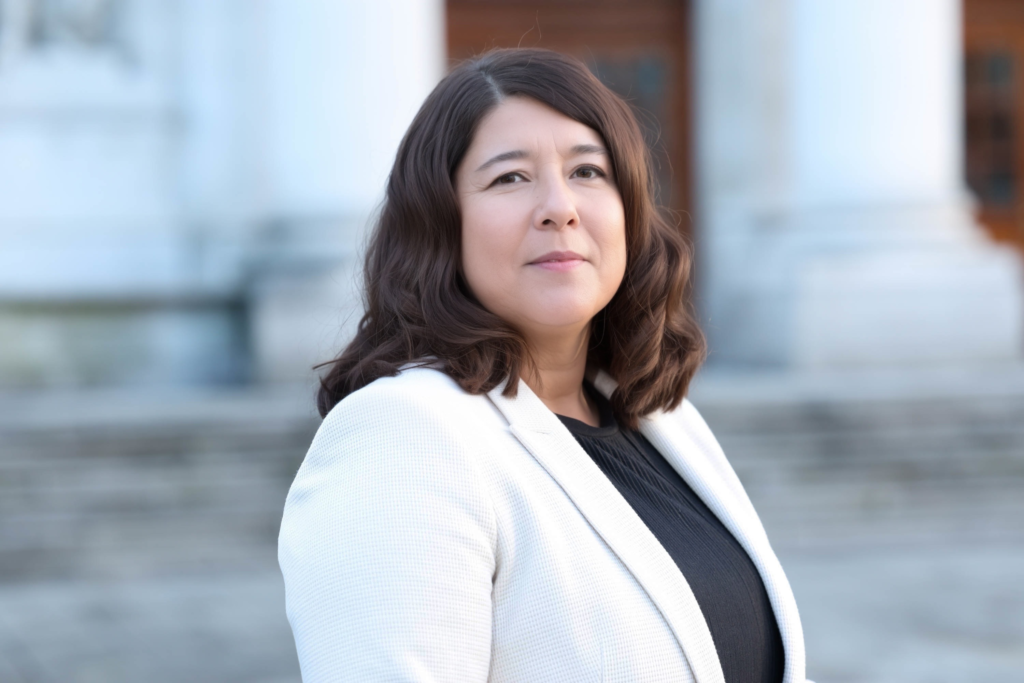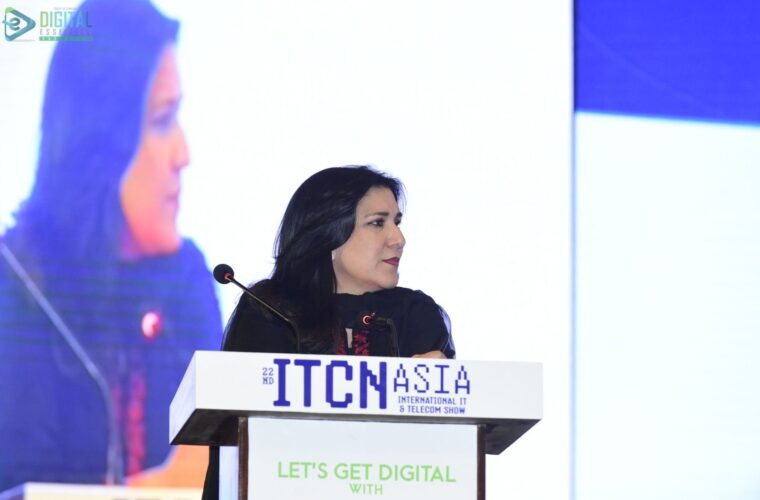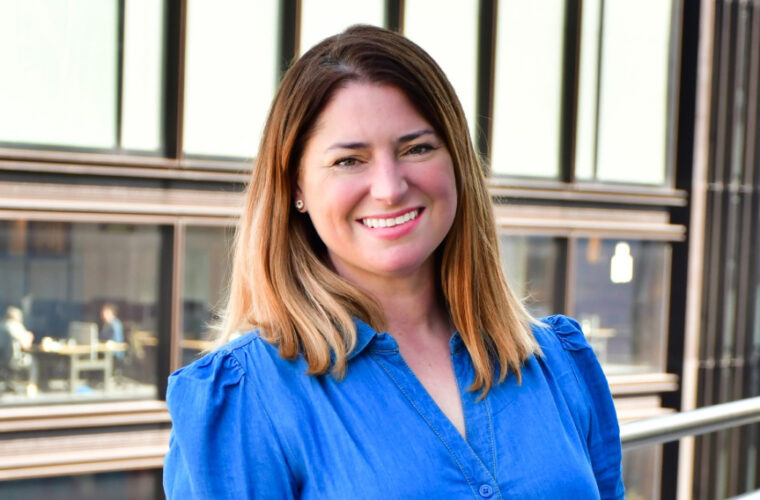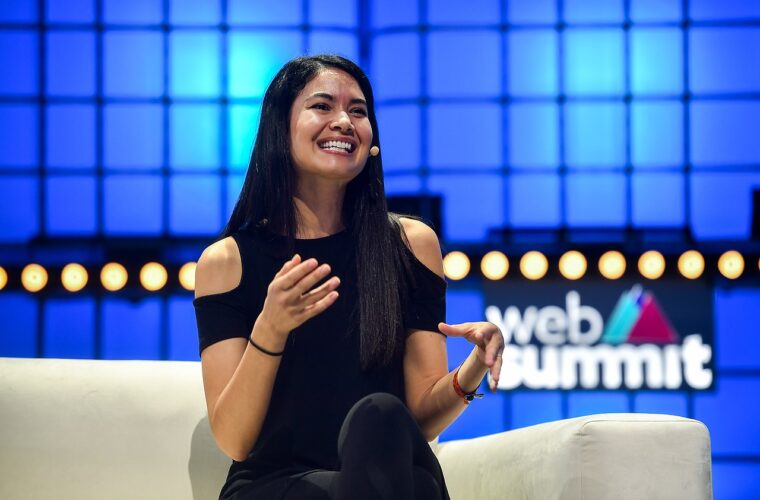Female founder helping companies measure culture, diversity and inclusion
Female founder: The pandemic has resulted in a flurry of hybrid and fully remote work positions, and it’s safe to say that it has turned the working world upside down. One of the biggest challenges for employers as employees strive for a better work-life balance, is workplace culture and being able to measure its effectiveness.
According to figures from Flair HR, 89 per cent of employees have reported that, since the onset of the pandemic, their workplace culture has either improved or remained the same. In addition, figures from Jobvite show that over 81 per cent of workers consider corporate culture somewhat or very important in their job application process.
One female founder focused on helping employers measure workplace culture, inclusion, and diversity is Sandra Healy, CEO and Founder of inclusio. Inclusio is a purpose-built, science-based culture tracking and learning solution that aims to change the way organisations measure, understand, and enhance their workplaces.
We caught up with the successful female founder and asked her about the concept, challenges faced and gaining that all-important ‘techxpertise’.
Firstly, can you tell us how the idea for inclusio came about?
I spent 20 years as a technical engineer in the global telecommunications industry, and I led diversity and inclusion (DEI) across many companies. While studying for my Master’s in Organizational Psychology, I realised there is a way to use technology, science, and AI to address one of the biggest challenges facing global employers: measuring culture and the impact of diversity and inclusion efforts. Another thing I noticed was the difficulty in linking metrics to business KPIs.
In 2016, I joined Dublin City University and developed the idea for inclusion. One of the biggest challenges I faced at the time was the perception that ‘DEI is nice to have’ and that it simply wasn’t a business imperative. Thankfully, I managed to convince Enterprise Ireland to back the idea and fund us through the commercialisation fund. The rest is history!
Can you tell us a bit about the technology behind the platform?
We are a social impact business, meaning we combine technology, science, and AI to set new scientific culture standards across the globe. We aim to be internationally recognised as the leading workplace culture and diversity measurement and reporting platform, setting benchmarks and worldwide standards. The inclusio platform delivers a scientific approach to measuring workforce people and culture. The platform empowers leaders with independent culture metrics and benchmarks, enabling them to build sustainable and inclusive companies.
What are the main challenges currently facing workplace culture and how is technology helping employers overcome them?
The biggest challenge for leaders today is developing ways of measuring company culture and linking it to business success. In addition, understanding your people (who you have in the organisation) is a challenge. With inclusio, we capture over 80 demographic data points, helping leaders understand how reflective their organisation is of their customers and societies. In turn, these insights help global companies respond to regulatory reporting.
How did you go about attracting investment into inclusio?
Over four years in research and development at DCU, we launched inclusio in December 2020, during the COVID19 lockdown. I agree it wasn’t an ideal time to raise investment; however, we persevered. I pitched to investors over forty times, and finally, in September 2021, we secured our pre-seed investment of 1.6 million euros. Later, in October 2022, we closed our seed round at over 4 million!

What has the feedback been like from users so far?
We have received extremely positive feedback and found that people trust inclusio with their data. The software we offer captures employees’ personal demographic data and cultural feedback in a confidential manner. This creates a safe space for employees to contribute their inputs at a time, location and device that works best for them. We have also found our users also enjoy inclusio’s engaging bite-sized learning, user interface, behavioural science and gamification capabilities.
It’s great that people trust inclusio with their data. On that subject, how do you ensure users have data privacy?
Inclusio has practices in GDPR and data privacy rules built in, thus providing a safe and secure environment for organisations. Employee data inputs are anonymised and aggregated, ensuring no individual is identifiable. I think it’s important to add that inclusio is also ISO-certified.
Are you planning on adding any new features to inclusio?
Absolutely! Benchmarking is a big project for us, particularly as we help financial services companies respond to regulatory reporting.
What advice would you give to other female founders who are looking to startup their own tech business?
I would say that almost every business is a tech business. If tech is not your expertise, find women founders who can help you access trusted tech resources.
And finally, what are your ambitions for the platform in the near future?
My ambition is to make inclusio the trusted global platform that measures, tracks, actions, and reports on people and culture, helping organisations build workplaces where people truly want to work.



